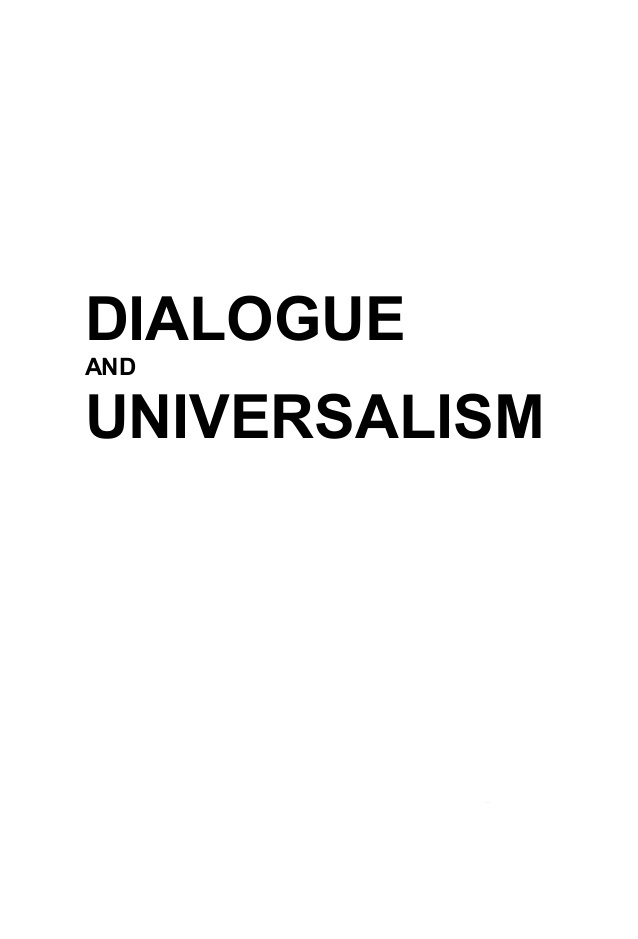CRISIS AND THE LIMITS OF PHENOMENOLOGICAL REASON
CRISIS AND THE LIMITS OF PHENOMENOLOGICAL REASON
Author(s): Kenneth KniesSubject(s): Philosophy
Published by: Instytut Filozofii i Socjologii Polskiej Akademii Nauk
Keywords: Husserl; crisis; history; epoché; lifeworld.
Summary/Abstract: I consider two criticisms of Husserlian phenomenology that claim to find support in Husserl’s own Crisis. The first holds that the crisis-problematic entails a concession to the power of historical tradition that Husserl evades. The second holds that the crisis of science is a permanent feature of reason, though Husserl naively promotes its resolution. Against the first, I argue that the systematic question addressed by the historical method of Crisis is not “What can we know?” but “What are we entitled to hope?” The debate about historicism thus obscures that Husserl’s historical reconstructions represent a practical extension of phenomenological reason. Against the second, I argue for a dis-tinction between two concepts: “Krisis der Wissenschaften” and “Unwissenschaftlich-keit der Wissenschaften.” While the latter includes elements of Sinnentleerung inherent to science, the former refers to a wavering faith in science’s Lebensbedeutsamkeit that phenomenology can reasonably claim to stabilize.
Journal: Dialogue and Universalism
- Issue Year: 2015
- Issue No: 3
- Page Range: 39-50
- Page Count: 12
- Content File-PDF

